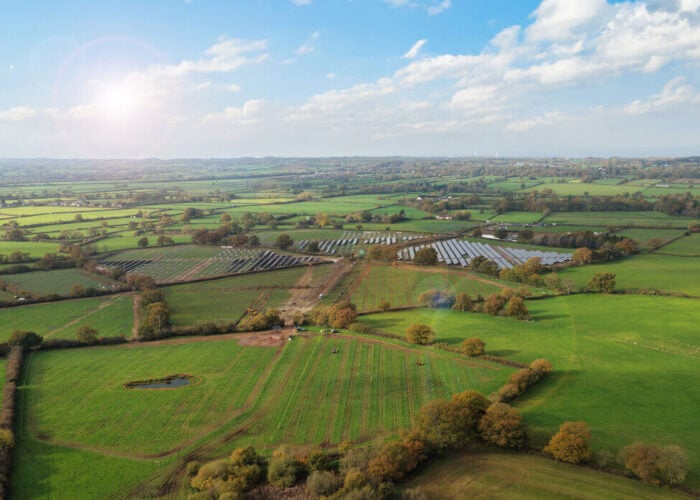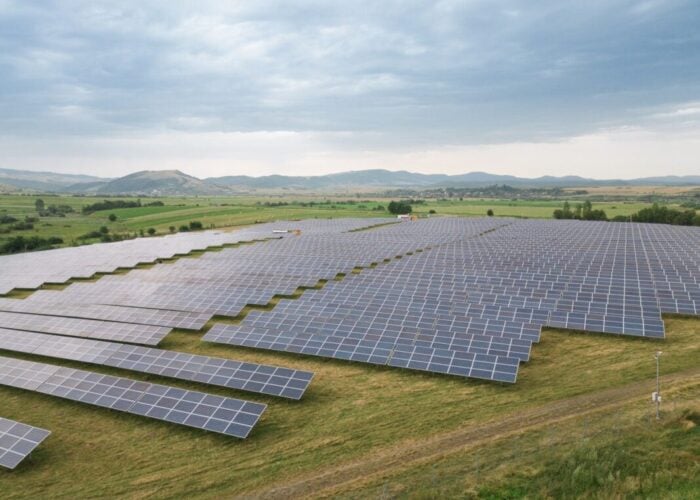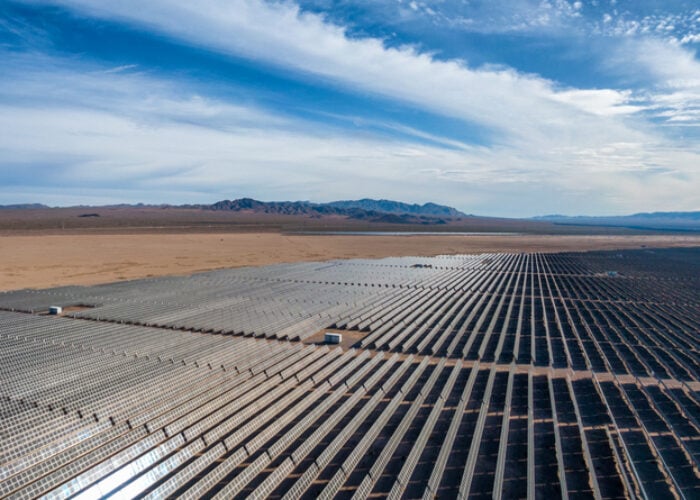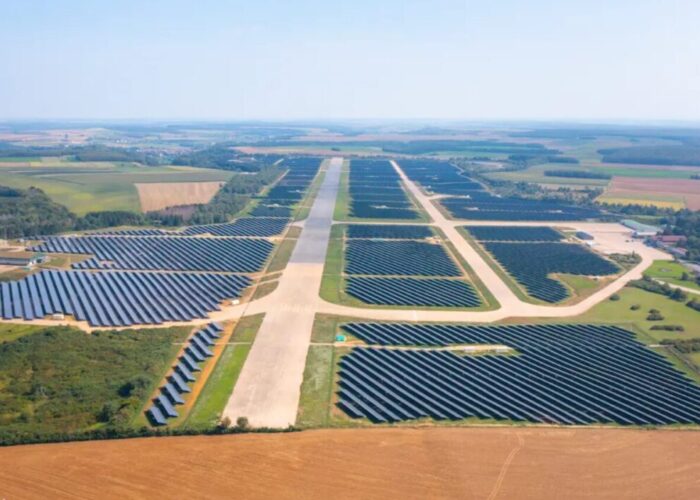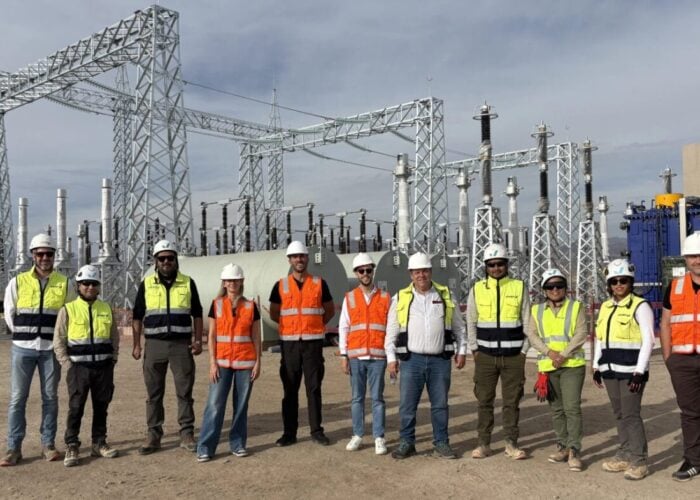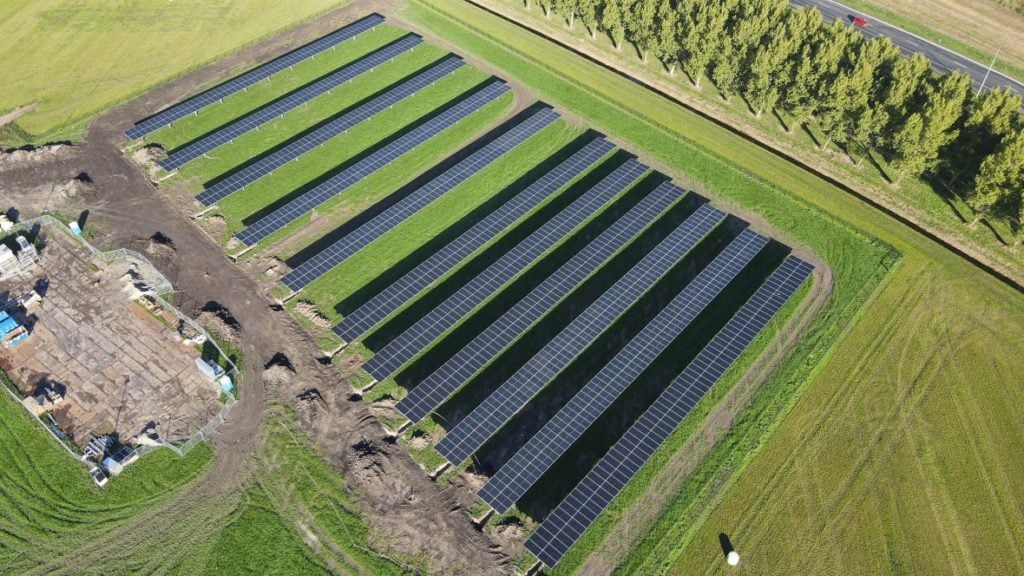
The European Commission (EC) has granted €65 million (US$71.2 million) to 17 renewable technology projects to expand their operations, including a solar agrivoltaics project in France and thermal energy storage projects in France and Denmark.
The funding will help French agrivoltaics developer Sun’Agri design, build and deploy a system of “protective nets” to cover six hectares of an agrivoltaics project in France, in order to protect and encourage growth of three Mediterranean crops.
Try Premium for just $1
- Full premium access for the first month at only $1
- Converts to an annual rate after 30 days unless cancelled
- Cancel anytime during the trial period
Premium Benefits
- Expert industry analysis and interviews
- Digital access to PV Tech Power journal
- Exclusive event discounts
Or get the full Premium subscription right away
Or continue reading this article for free
While the company did not specify how this project would generate more electricity at the project, the EC noted that the project would “optimise the synergy between PV panels and [the] multi-cultural farm,” suggesting that the process will aim to simultaneously improve the project’s electricity generation efficacy and ability to grow plants.
The investment is notable considering the growing interest in the European agrivoltaics sector. Earlier this year, the EC estimated that building agrivoltaics projects on 1% of Europe’s farmland could meet the entirety of Europe’s solar PV goals by the end of the decade, highlighting the potential benefits of the technology.
Meanwhile, the two energy storage projects to receive funding both involve thermal energy storage. The MITIGAT project in France, developed by Eco-Tech Ceram, will be a multi-energy smart grid, which will use a combination of heat storage, renewable energy conversion to heat and long duration energy storage; and the RockStore facility in Denmark, operated by Forsyning Danmark, will use granite rocks in steel tanks to store heat at temperatures of up to 330 degrees Celsius.
Both projects will look to address the inherent variability of renewable power generation, and the developers will be optimistic that the EC funding will help them demonstrate the efficacy of their solutions.
The EC noted that each project would receive between €1.6-4.5 million (US$1.8-4.9 million), with the renewable energy and energy storage projects set to receive €32.8 million (US$35.9 million) in grant funding, more than half of the funds on offer.
The funding is derived from the EU’s Innovation Fund, a programme implemented by the EC to encourage greater investment into clean energy technologies. This year, the EC expanded the scope of the programme to include 530 million Emissions Trading System (ETS) allowances, a carbon pricing system that puts the price of emissions at €75 (US$82.2) per tonne of carbon dioxide equivalent.
Based on this pricing structure, the Innovation Fund will invest the equivalent of €40 billion (US$43.8 billion) into clean energy technologies between 2020 and 2030, and sustained investment in such new technologies will be an integral part of Europe’s attempts to meet its climate targets. Last week, EU leadership reached an agreement on provisional reforms for the bloc’s electricity market design, and financial institutions such as these will be integral to delivering an energy transition that is financially sustainable.
The news follows a warning from the EC, which said this week that governments of EU states would have to “enhance their efforts” to meet the EU’s climate goals, following a review of countries’ National Energy and Climate Plans.


